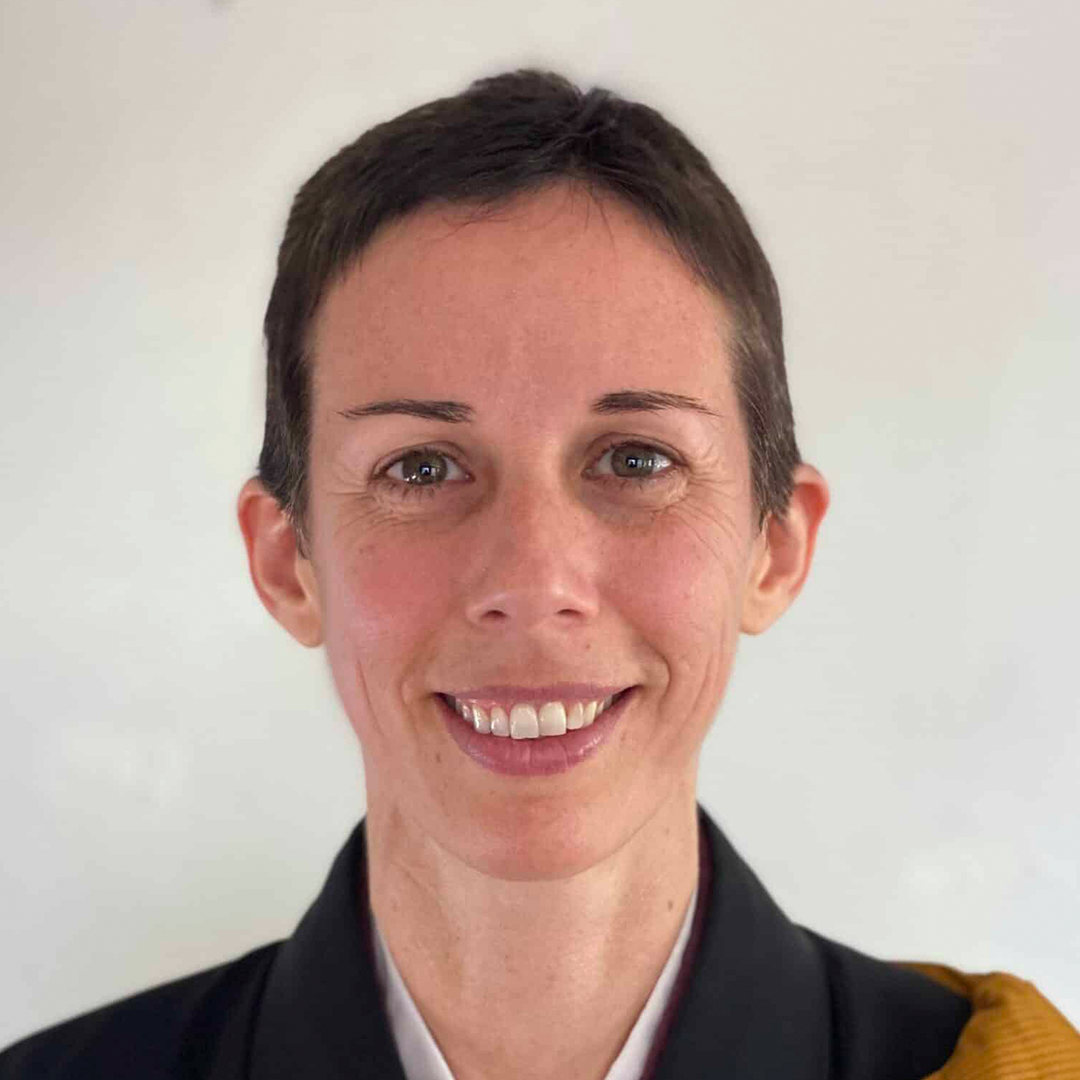
Starting in 30 Days

Wednesdays, Sept 17th – Dec 17th

Online

4:30 – 7:15 pm ET
In Buddhism, a Bodhisattva is someone who works to awaken not just for themselves, but to support everyone in finding freedom and peace, especially in times of great distress.
This course explores two powerful Buddhist texts with a focus on awakening within a layperson’s life: The Inquiry of Ugra and The Vimalakirti Sutra, by looking at those texts and commentary on them by the late Zen Master, the venerable Thich Nhat Hanh.
Both texts offer practical guidance on how to live with wisdom and compassion. Together, we will study and reflect on what they mean for our daily lives – whether in our work, family, or community.
Through readings, dialogue, writings, and practice, we will explore these teachings with the aim of understanding our own lives––whatever they may look like right now––and our potential in our activities to live the Bodhisattva path in each moment.
This course is open to anyone interested in living with wisdom and compassion, whether you’re new to Buddhist practices or have been practicing for many years. Participants will be expected to read texts between classes, ask and answer questions, and dig wholeheartedly into the teachings together.
If you are curious about applying spiritual teachings to your everyday life – in your relationships, work, and way of being – this course is for you.
In this short introductory video, Zen teacher Jisho Siebert reveals the bodhisattva path, a way of waking up not just for ourselves, but with everyone around us. Through the vivid metaphor of jeweled parasols, the challenges of raising children, and a transformative encounter on the streets of Haiti, discover how to create conditions for liberation in both challenging times and everyday moments.
Financial Support: NYZC endeavors to make our programs accessible. If the cost of this program is prohibitive, please choose the scholarship level. There are a limited number of scholarship seats available. If the scholarship level is not listed on the registration form, that means it is no longer available.
Sept 17th | Sept 24th | Oct 1st* | Oct 8th | Oct 15th | Oct 22nd | Oct 29th | Nov 5th | Nov 12th | Nov 19th | Dec 3rd | Dec 10th | Dec 17th
*This is Yom Kippur eve and we understand that some won't be able to attend this class.
*Recordings of the class, not including breakout room discussions, will be made available to registered students.
The Bodhisattva Path by Thich Nhat Hanh offers clear, accessible commentaries on two foundational Mahayana Buddhist texts: the Vimalakirti Sutra and the Ugrapariprccha Sutra (Inquiry of Ugra).
These teachings illuminate what it means to live as a Bodhisattva – someone who seeks to awaken for the benefit of all beings – whether as a monastic or a lay practitioner. Thich Nhat Hanh’s insightful commentary brings these ancient sutras into the present moment, offering practical guidance on how to embody wisdom and compassion in our everyday lives.
While not required, it is highly recommended that you purchase a copy of the text before the start of the class.
Register at this level if you need Masters Credit. You will also be required to write a 10-page paper. If you register at any of the audit levels, you can still participate fully in the class and will not be required to submit a 10-page paper.
This course is part of our certificate program which you can learn more about here.

Jisho Sara Siebert is a Soto Zen Buddhist priest who was led to Buddhism by the suffering around her and in her work to prevent domestic and sexual violence. Her path to understand suffering and joy led her to Los Angeles – where she first met her teacher, Gengo Akiba Roshi, then to Papua New Guinea, Liberia, Sierra Leone, Uganda, monasteries in Japan, and Haiti. She is recognized as an International Zen Teacher (Kokusaifukyoshi) by the Soto Shu and teaches at Zen Fields in Ames, Iowa.